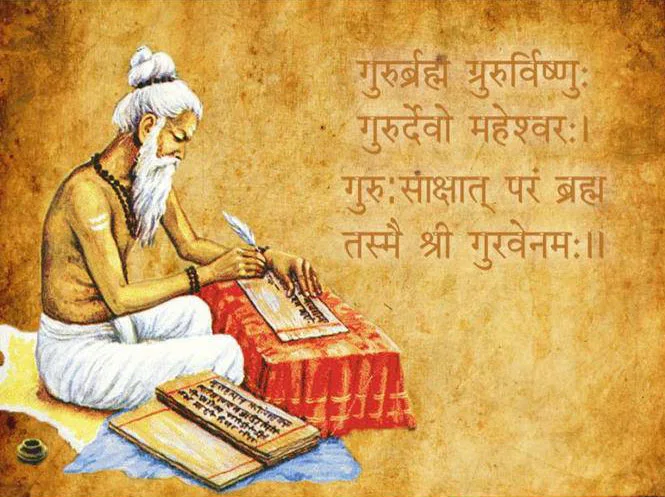Sanatana Dharma by being dharma is by definition not dogmatic in its beliefs or faith. Below is a list of key beliefs that are common across most followers of this dharmic tradition.
1. Revealed Scriptures
The Vedas are of divine origin. These primordial hymns are the bedrock of Sanatana Dharma, the eternal religion.
2. Laws of Karma
Karma, the law of cause and effect by which each individual creates his own destiny by his thoughts, words, and deeds -- and by obeying the laws of dharma, righteous living.
3. Dharma
Dharma, translated as religion, righteousness or duty, is a word that is difficult to translate in English or any other language. It is all that and more.
4. Reincarnation
The soul reincarnates, evolving through many births until all its karma has been resolved and moksha (liberation from the cycle of rebirth) has been achieved. Not a single soul will be eternally deprived of this destiny.
5. Temples
Divine beings exist in unseen worlds. Temple worship, Rituals, sacraments as well as personal devotion create a communion with these devas, divine beings.
6. A Guru
A spiritually awakened master, or guru, is essential to know the Transcendent Absolute, aided by personal discipline, good conduct, purification, pilgrimage, self-inquiry, meditation, and surrender to the guru and the divine scriptures.
7. Ahimsa-Noninjury
All life is sacred, to be loved and revered; and therefore one is expected to practice ahimsa, or "non-injury"
8. Path
There are many paths that lead to salvation. Although the goal is one, the sages call it by different names and means.
{full_page}
1. Revealed Scriptures
The Vedas are of divine origin. These primordial hymns are the bedrock of Sanatana Dharma, the eternal religion.
2. Laws of Karma
Karma, the law of cause and effect by which each individual creates his own destiny by his thoughts, words, and deeds -- and by obeying the laws of dharma, righteous living.
3. Dharma
Dharma, translated as religion, righteousness or duty, is a word that is difficult to translate in English or any other language. It is all that and more.
The soul reincarnates, evolving through many births until all its karma has been resolved and moksha (liberation from the cycle of rebirth) has been achieved. Not a single soul will be eternally deprived of this destiny.
5. Temples
Divine beings exist in unseen worlds. Temple worship, Rituals, sacraments as well as personal devotion create a communion with these devas, divine beings.
6. A Guru
A spiritually awakened master, or guru, is essential to know the Transcendent Absolute, aided by personal discipline, good conduct, purification, pilgrimage, self-inquiry, meditation, and surrender to the guru and the divine scriptures.
7. Ahimsa-Noninjury
All life is sacred, to be loved and revered; and therefore one is expected to practice ahimsa, or "non-injury"
8. Path
There are many paths that lead to salvation. Although the goal is one, the sages call it by different names and means.











